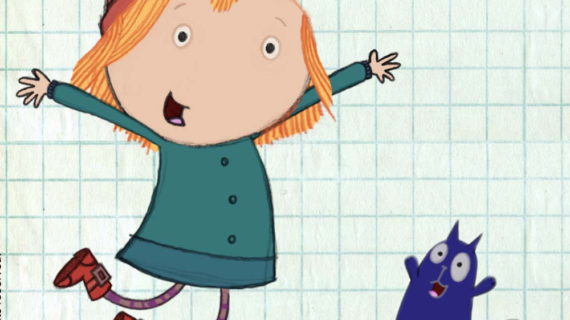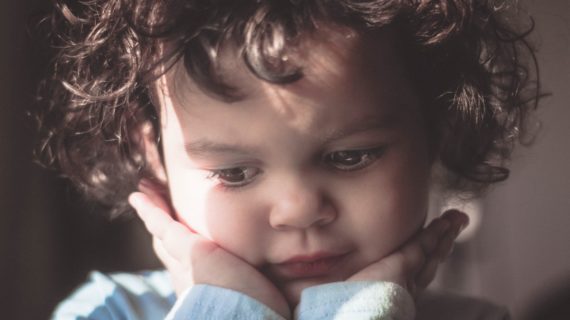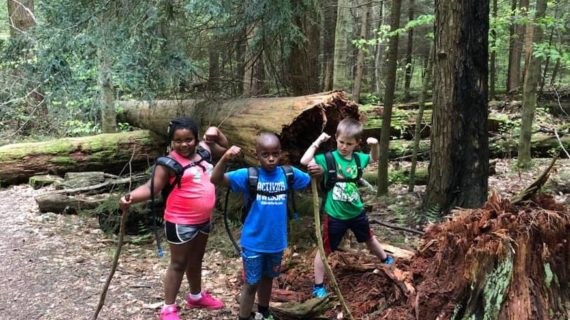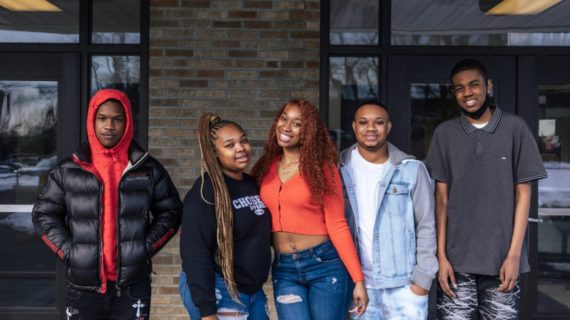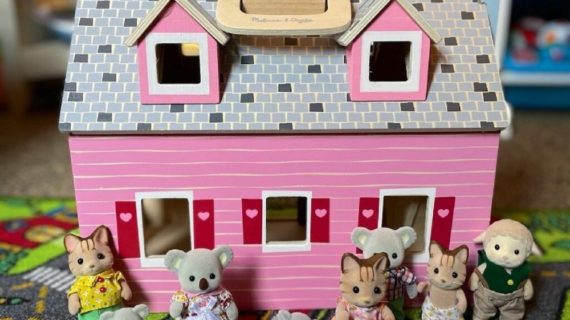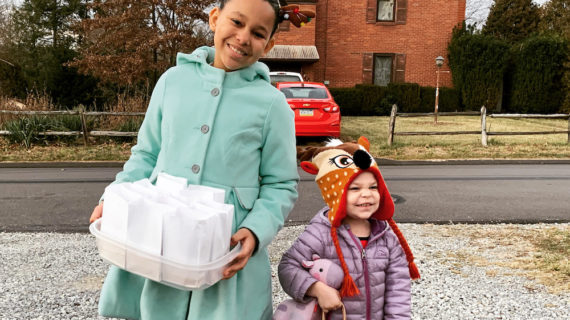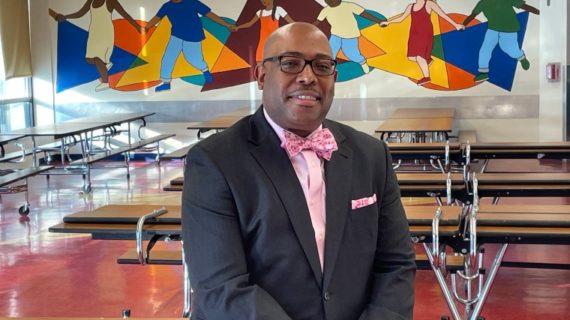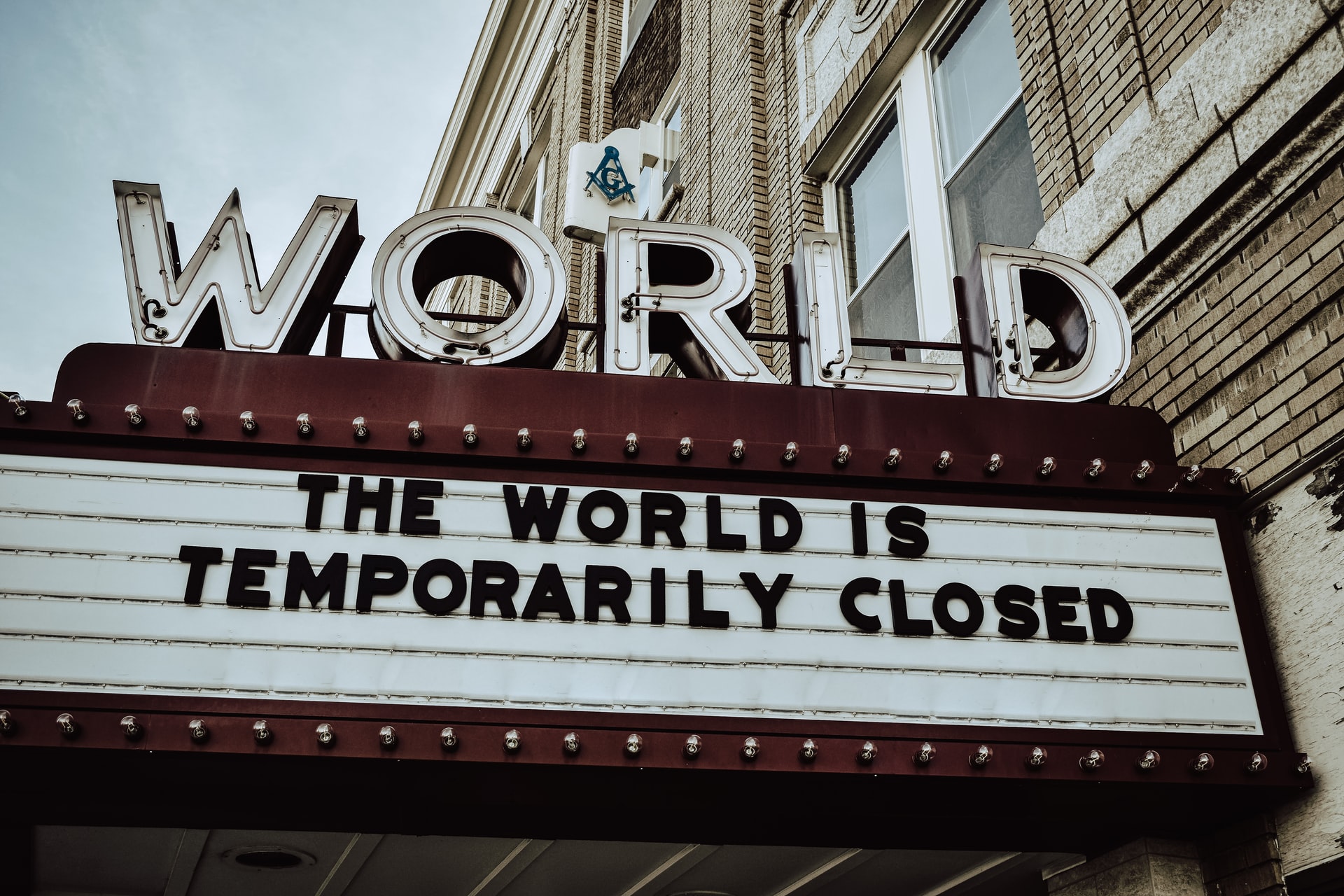
Two years after March 13, 2020, how has the pandemic changed Pittsburgh’s families?
Photo above by Edwin Hooper via Unsplash.
Two years later, it’s a date that is impossible to forget: March 13, 2020.
The day schools began announcing they would close. The day quarantine began for millions of people. The day our world changed in ways we’re just beginning to understand.
On March 13, 2020, Americans were asking questions that seemed logical: Will the world actually shut down for two full weeks? Or could it really last an entire month? We had no road map for the experience ahead.
This weekend, a milestone arrived: two years since that day when COVID-19 began changing lives in the Pittsburgh region and throughout America.
We know that the community quickly came together in powerful ways during those first months of the pandemic. Learning hubs helped thousands of kids keep on learning and supported parents with vital childcare. Some teachers and schools pivoted in amazing ways. Some educators even went to students’ homes to make sure they were OK and were learning.
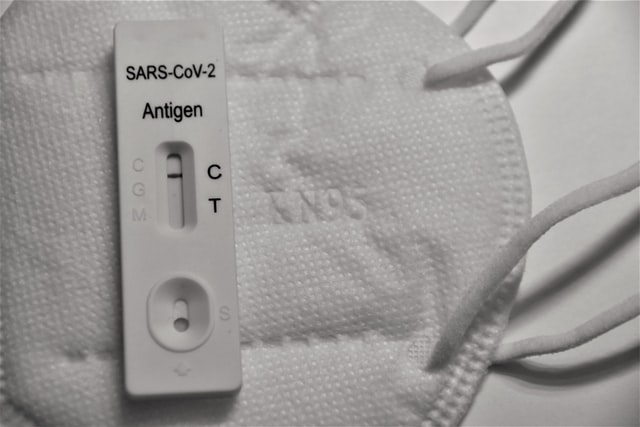
But how have these two world-changing years directly impacted you? Several weeks ago, our team at Kidsburgh put out a survey asking western Pennsylvania families about the ways these years have changed their lives and their parenting. We welcomed you to respond anonymously or with your names, sharing as much or as little as you wished.
Among other things, we asked a question that is probably on all our minds as this anniversary arrives: What do you wish you could tell your kids — or yourself – if you could go back in time to March 13, 2020?
An experience this enormous and difficult can teach us things, and it’s worth exploring what those things might be. Clearly, our readers agree: We received an incredible volume of responses. More than 50 parents chose to share their thoughts in a remarkably open and heartfelt way. We’re so grateful.
Today, we bring you the first in a series of stories about those results. And because you all have contributed more insight than we can fit in a single story, in the coming months we’ll be bringing you much more — more stories, photos and videos documenting ways this still-lingering pandemic has shaped western Pennsylvania. And has shaped you.
RESILIENCE AND VULNERABLITY
One theme resonated: This has been hard, and mental health challenges have emerged that need real attention. But many parents see themselves and their children as resilient, even as mental health struggles continue.
“We were astounded at the resiliency of our kids, and of all of us actually,” one parent wrote. “We sat outside to share a pizza dinner with `our bubble’ on Dec. 11 and didn’t bat an eyelash. We had a great story to share ever after.”
That word “resilient” came up over and over. “We’ve seen how resilient the kids are, but how fragile, too. Time is a funny thing. My daughter was 4 in March of 2020. She doesn’t remember not wearing a mask to school, she didn’t remember going to a birthday party. While we gained unexpected things, a new appreciation for family time, new shared interests, we also lost a few things that can never be replaced.”
Another parent said this: “Our daughter is resilient. She made friends online in the early days of the pandemic and thrived with her online schoolwork.”
For many families, that resilience produced deeper connections: “We’ve learned we can love each other under the worst of circumstances,” one parent said. “I think our shared experiences and memories have given us an even stronger connection.”
The isolation of the pandemic had a tremendous emotional impact for some parents. One said the greatest change for their family has been “tension. Everyone is much more on edge.” Another said the greatest change is “my stress and anxiety levels. I have more outbursts because the last two years have been so trying.”
“We are more stressed and on edge,” said another, and “depressed more often.”
This pain continues rippling out for many people, even as vaccination levels rise and masks are left at home. And it needs attention. One parent pointed out that mental health professionals have been the true unsung heroes of the pandemic, and there is a massive need for mental health services throughout the community.
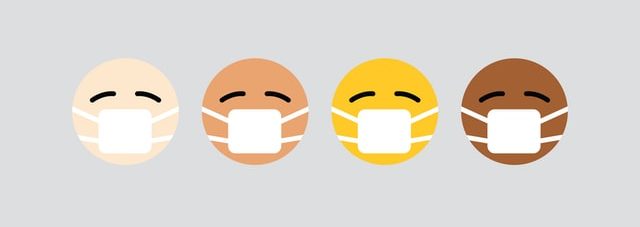
CONNECTION AND COMMUNITY
Many parents expressed real concern about the ways isolation affected their kids and themselves. The school shutdown radically changed kids’ social lives and the chance to build relationships. And the closing of many after-school and weekend programs didn’t just put the existence of those programs in peril; they cut families off from what had been their “normal” existence.
“If I went back to March 2020, I’d tell myself to hunker down and pivot,” one parent wrote. “I didn’t believe we’d be here this long. We live in the city of Pittsburgh and were heavily reliant on city-run programming, from story time to gym time, we attended three to four free city programs a week for kids under 5. When these programs completely shut down for well over a year, we lost so many families. I didn’t adjust well. I kept on waiting for these programs to come back, when instead I should have been making a better plan to figure this out without support of the public sector.”
Beyond the education schools and other programs offered, parents saw the deep value in the relationships and emotional connection they offer.
“I have learned the importance of keeping kids active and connected with other kids their age. The tightrope walk between safety and allowing your children to live, learn and have fun is drenched in anxiety and skill,” a parent said. “You must be able to weigh the risks, be confident and open about your opinion, share time with people who feel the same about COVID precautions as you do, and then start to loosen the reigns for your children’s sake.”
As people weathered crises like illness, job loss and food insecurity, and the ongoing fear and uncertainty that filled so many of our days, we needed others to process all this with. And we needed to all recognize how hard this truly was.
“Even in the brightest children, learning cannot take place when they are traumatized,” a parent told us. “Trauma can be something as seemingly small as an abrupt change of routine.”
KINDNESS, PATIENCE TOWARD OURSELVES AND OUR KIDS
Some changes were profound: Several parents mentioned divorcing, moving to new homes and deeply rethinking their approach to parenting, school and their own lives. Many said the key was honestly assessing problems and being patient with themselves and their families as they sought new solutions.
One parent told us that the biggest thing they learned was this: “It’s OK to not have all the answers and to cut yourself slack as a parent.”
So many echoed that: “I have learned to let the kids have time to rest and reset. I give myself time to do this, too,” another parent wrote. “Sometimes we all need to take a break from whatever we ‘need’ to do and instead spend time on something that brings us joy, calm, and patience.”
One parent would share this advice if it were possible to go back to the morning of March 13, 2020: “Things are going to change, and challenge you in so many ways, but they will eventually get better. Try not to let fear overwhelm you. I wish I could give myself a hug and say it’s going to be OK, and to not put so much pressure on myself at that time.”
We also heard, over and over, a message of hope: “There are going to be silver linings — good things — that we never would have experienced otherwise,” one parent wrote.
“Do not get lost in the isolation. It will let up,” one parent offered.
“Perfection is not possible,” another pointed out. But “progress is.”
So much of the advice these parents would give their March 2020 selves is valuable for all of us today.
“Prepare for the long haul,” one parent said, “but don’t be afraid to live your life.”
